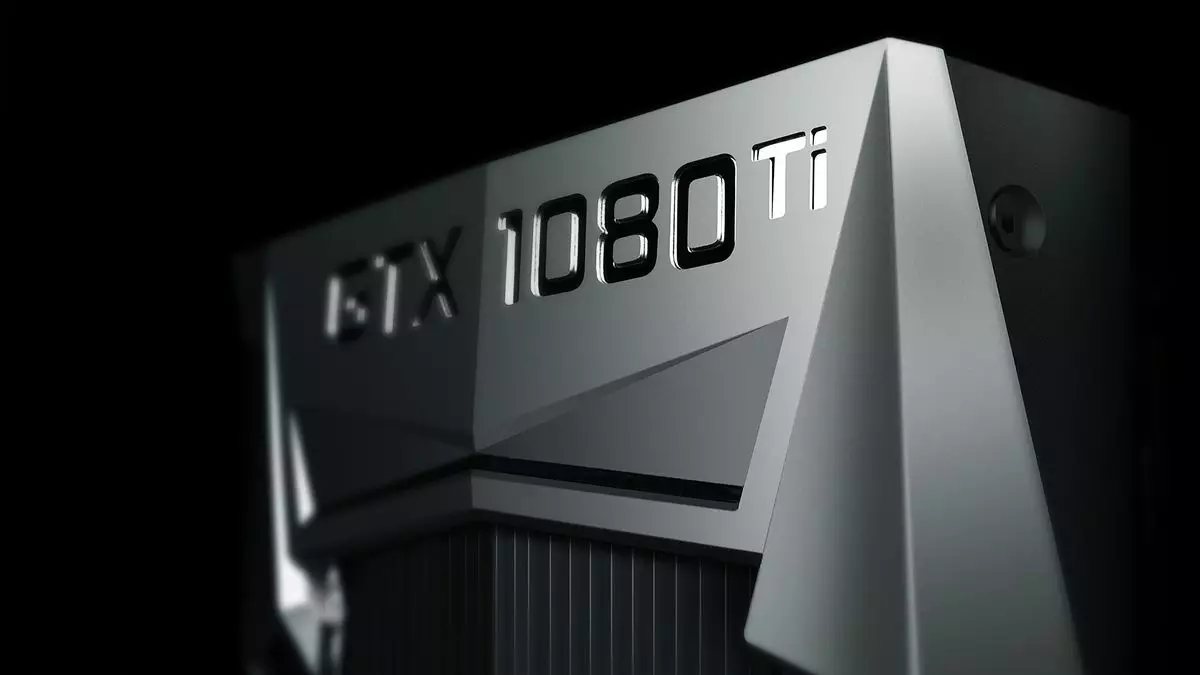The gaming community finds itself at a significant crossroads with the latest developments surrounding Nvidia’s CUDA Toolkit. A recent update detailed in Tom’s Hardware signifies the impending deprecation of support for the Maxwell and Pascal architectures, encompassing GTX 9-series and 10-series graphics cards. While ongoing driver updates for these GPUs will persist momentarily, the write-up ignites a reflective discourse on the legacy and impact of these once-revered architectures in the realm of PC gaming.
Nvidia’s announcement, as outlined in the 12.8 release notes of the CUDA Toolkit, indicates that support for Maxwell, Pascal, and even Volta architectures will soon be considered “feature-complete.” For enthusiasts, game developers, and casual gamers alike, this declaration has substantial implications. To the uninformed, it may appear as just another technical update; however, for a significant portion of the gaming demographic who still lean on these architectures, it raises concerns regarding compatibility, performance, and potential hardware obsolescence.
The GTX 1060, fondly remembered for its capability and price-to-performance ratio, remains deeply ingrained in the Steam Hardware Survey, nursing a robust user base even years after its initial launch. Such longevity highlights a significant detail: many PC gamers still rely on aging hardware due to economic factors or the simply overwhelming nature of constant upgrades. Notably, while Nvidia’s recent assertion establishes a clear timeline, there’s scant clarity on how long driver updates will continue for these cards—this ambiguity leaves users in a state of uncertainty about their future gaming experiences.
To effectively gauge the likely timeline for Maxwell and Pascal support, we can look back at the CUDA deprecation of the Kepler architecture, which formed the backbone of Nvidia’s GTX 7-series chips. The phased withdrawal of support began with CUDA v10.2 in November 2019. Developers have been well aware that support can extend for several years post-deprecation, with the final driver updates for Kepler rolling out in August 2021. This precedent offers a potential glimpse into future developments for the 9 and 10-series cards.
Given that Maxwell has surpassed Kepler’s lifespan in CUDA support, it’s plausible to theorize that Nvidia may maintain a lifeline for these architectures until at least 2026, if not longer. Such speculation stems from the substantial install base that both Maxwell and Pascal boast, underscoring Nvidia’s need to retain customer goodwill.
Despite the inexorable march of technological advancement and the introduction of cutting-edge architectures like the RTX series, there’s an argument to be made for the enduring value of Maxwell and Pascal cards. As historical footnotes in GPU design, the GTX 970, 980 Ti, and GTX 1060 exemplify an age where price-to-performance ratios delivered exceptional value for users.
Interestingly, these cards have not just managed to stay relevant due to their performance; they’ve also developed a niche appeal among vintage gaming enthusiasts. Cards like the GTX 980 Ti hold unique compatibility traits, such as having an analogue DVI port, making them ideal for specialized uses involving older displays and CRT monitors. The evolution of gaming hardware has not only affected capabilities but also affected how users engage with various display technologies.
While Nvidia’s exploration into AI-powered graphics hardware signals an exciting future for gaming technology, it is crucial for developers and gamers to consider the implications of shifting focus away from established architectures. The adaptability shown by Maxwell and Pascal proves that there remains untapped potential in older hardware, especially when developing less graphically intense games or emulations.
Gamers often express a sense of community attachment to their hardware, content with squeezing out every bit of performance from components they have come to trust. The news of deprecation may spur them to explore new avenues, but it also invites nostalgia, reminding many of the vibrant community built around these robust cards.
The phased withdrawal of CUDA support from Nvidia’s legacy architectures heralds the decline of an era that shaped PC gaming for years. As manufacturers place their chips on innovative, high-performance architectures, it is essential for the community to remember the accomplishments of Maxwell and Pascal. With considerable anticipation for upcoming advancements, gamers will need to prepare for a future while cherishing the experiences provided by the reliable and beloved graphics cards of the past.

